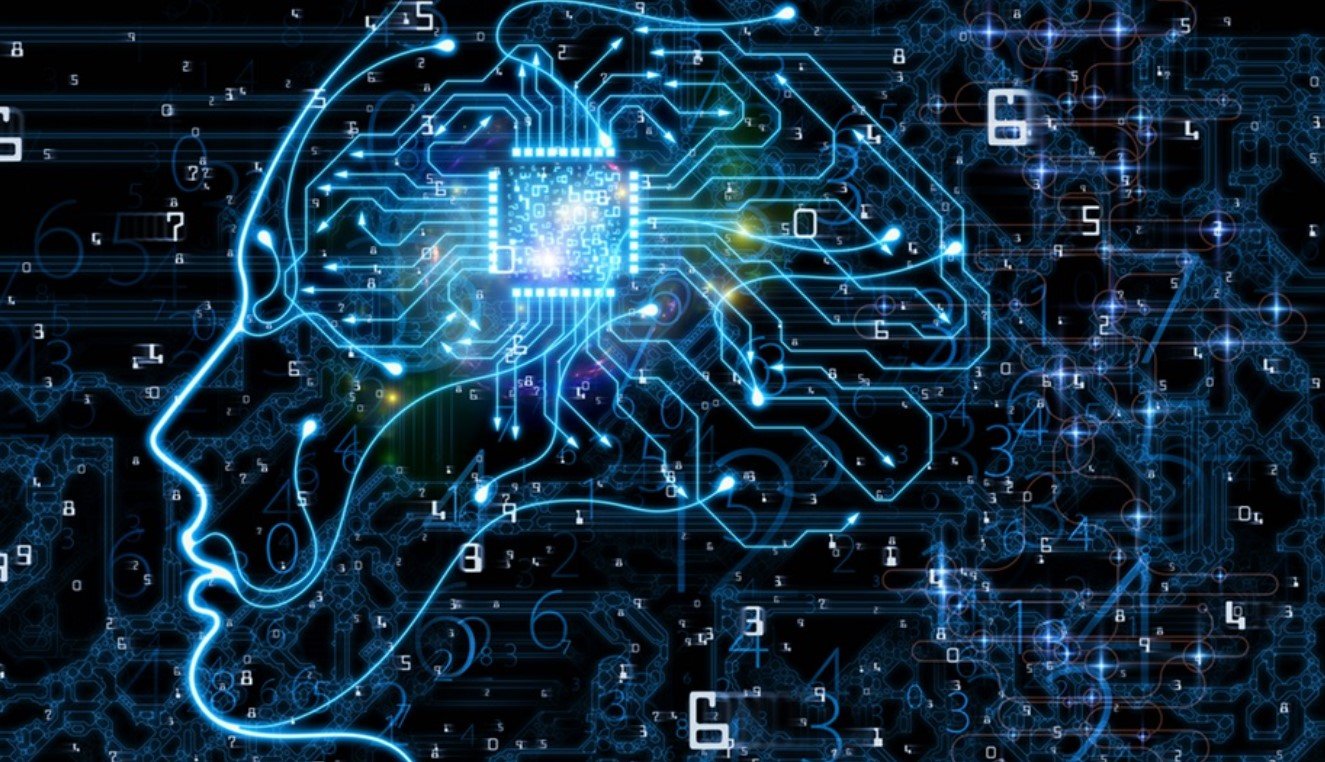Artificial Intelligence (AI) is revolutionizing the way content is created, offering new opportunities and challenges for creators across various industries. From generating text and images to producing videos and audio, AI-powered tools are reshaping the creative process. This article explores the impact of AI on content creation, highlighting its benefits, potential drawbacks, and future prospects.
AI-Powered Content Creation Tools
AI-powered content creation tools are becoming increasingly sophisticated, enabling creators to produce high-quality content with greater efficiency. These tools use advanced algorithms to generate text, images, and videos based on user inputs. For instance, AI can write articles, create artwork, and even compose music. This technology is particularly beneficial for tasks that require repetitive or data-driven content, freeing up human creators to focus on more strategic and creative aspects of their work.

One of the most significant advantages of AI in content creation is its ability to handle large volumes of work quickly. This efficiency can be a game-changer for industries such as marketing, where timely and relevant content is crucial. Additionally, AI tools can analyze vast amounts of data to identify trends and insights, helping creators tailor their content to specific audiences.
However, the rise of AI in content creation also raises concerns about the potential loss of human touch in creative works. While AI can generate content that is technically proficient, it may lack the emotional depth and nuance that human creators bring to their work. This limitation highlights the importance of balancing AI-generated content with human creativity to maintain authenticity and engagement.
The Benefits and Challenges of AI in Content Creation
The integration of AI into content creation offers numerous benefits, including increased productivity, cost savings, and enhanced creativity. By automating routine tasks, AI allows creators to focus on more complex and innovative projects. This shift can lead to higher-quality content and more engaging experiences for audiences.
AI also enables creators to experiment with new formats and styles, pushing the boundaries of traditional content creation. For example, AI-generated art and music can introduce unique and unexpected elements that might not have been possible through conventional methods. This innovation can inspire human creators to explore new ideas and approaches, fostering a more dynamic and diverse creative landscape.
Despite these advantages, the adoption of AI in content creation is not without challenges. One of the primary concerns is the ethical implications of using AI-generated content. Issues such as copyright infringement, data privacy, and the potential for biased or misleading information must be carefully considered. Additionally, there is a risk that over-reliance on AI could lead to a homogenization of content, where unique voices and perspectives are overshadowed by algorithmic outputs.
To address these challenges, it is essential for creators and organizations to establish clear guidelines and best practices for using AI in content creation. This includes ensuring transparency in AI-generated works, protecting intellectual property rights, and promoting diversity and inclusivity in the creative process.
The Future of AI in Content Creation
As AI technology continues to evolve, its role in content creation is likely to expand further. Future advancements in AI could lead to even more sophisticated tools that can understand and replicate human emotions, making AI-generated content more relatable and impactful. Additionally, the integration of AI with other emerging technologies, such as virtual reality and augmented reality, could open up new possibilities for immersive and interactive content experiences.
The future of AI in content creation also depends on how well creators and organizations can adapt to these changes. Embracing AI as a collaborative tool rather than a replacement for human creativity will be crucial in maximizing its potential. By leveraging AI to enhance and complement human skills, creators can unlock new levels of innovation and productivity.
In conclusion, AI is transforming the content creation landscape, offering both opportunities and challenges for creators. While AI-powered tools can significantly enhance efficiency and creativity, it is essential to balance their use with human input to maintain authenticity and emotional depth. As the technology continues to advance, the future of AI in content creation holds exciting possibilities for pushing the boundaries of what is possible in the creative world.


































